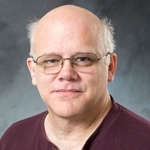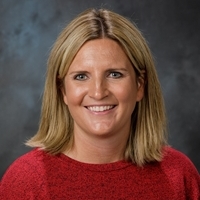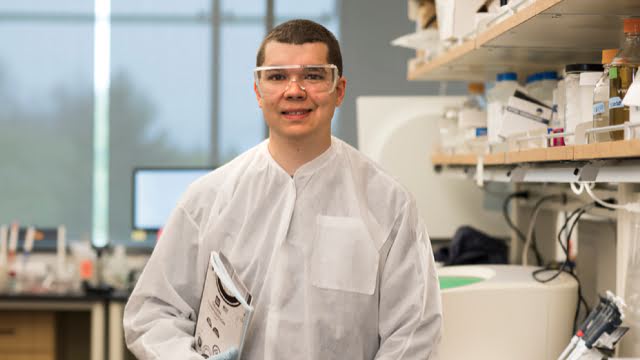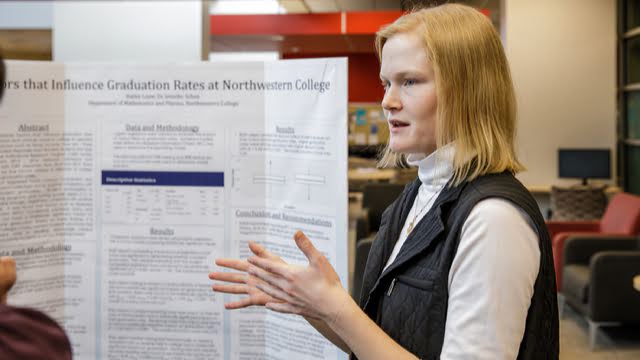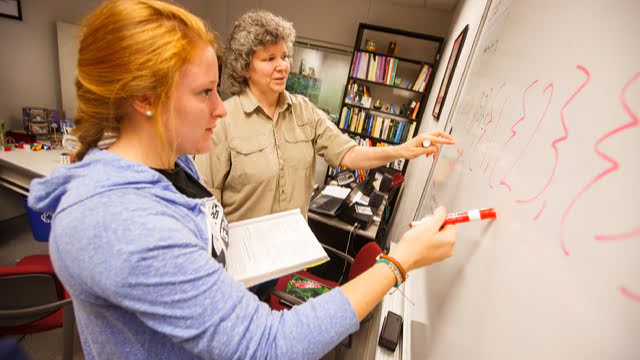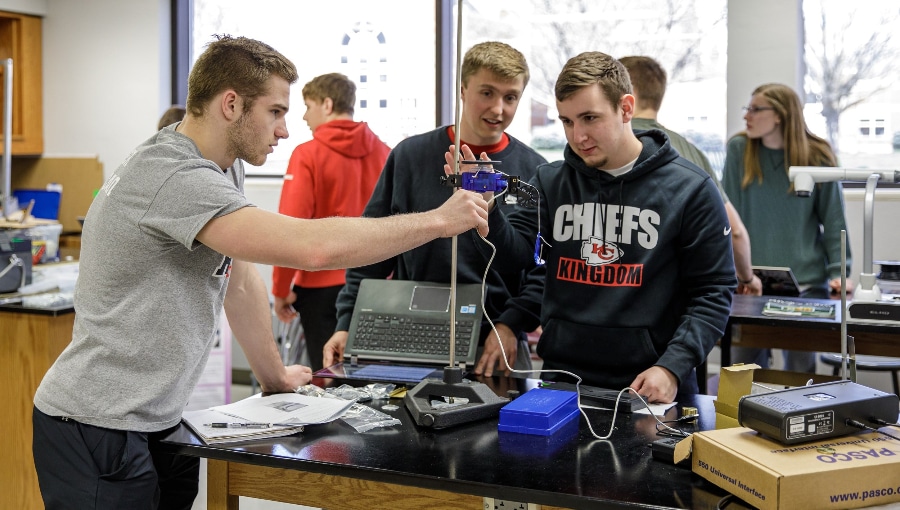
Physics Teaching
Physics Teaching
Physics Teaching
You’re fascinated by how the universe works—the laws that govern matter, motion and energy and how those laws are expressed through mathematical formulas. As a high school physics teacher, you’ll share that sense of wonder with others—pointing your students to the Creator who made the universe and set it in motion.
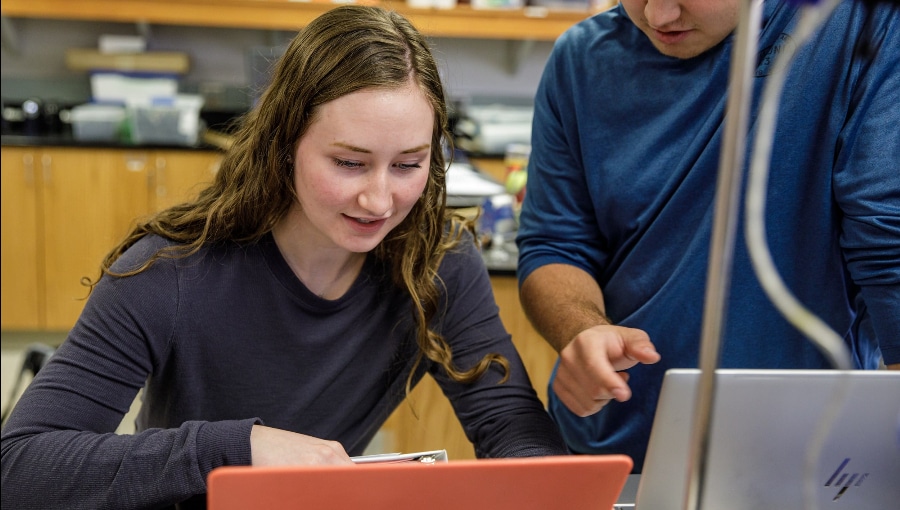
Why NWC?
Why NWC?
Why NWC?
As a physics teaching major at Northwestern, you’ll study with faculty who hold doctorates in astronomy and civil engineering, as well as profs with a history of training excellent mathematics teachers. You’ll graduate with two majors: physics teaching, which will help you describe the theories behind the fundamental principles of the universe, and secondary education, which will equip you to teach those principles to others.
Your physics teaching courses will cover topics including classical and modern physics, astronomy, optics, chemistry, and calculus. The physics teaching major is also designed with enough flexibility that you can earn a second teaching endorsement in math, chemistry or basic science.

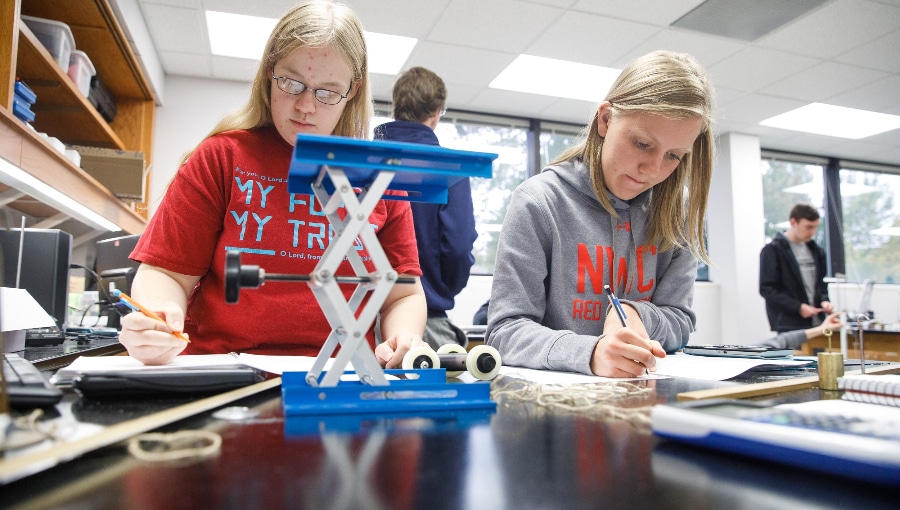
Career Outlook
Career Outlook
Career Outlook
Because of the importance of STEM education and careers, high school physics teachers are in high demand. With a major in physics teaching, you’ll be prepared to teach a subject that’s ranked as one of the top 10 most-needed teaching specialties in both Iowa and the U.S. According to U.S. News, the median annual salary for physics teachers is $61,000.
#RaidersStandOut
Experience

The Compass Center for Career & Calling offers a variety of career exploration experiences, including job shadowing; internships in a variety of locations; and study abroad opportunities around the globe.
Experience

The Compass Center for Career & Calling offers a variety of career exploration experiences, including job shadowing; internships in a variety of locations; and study abroad opportunities around the globe.
Faculty
Brilliant scholars. Committed Christians. Invested in you. That’s Northwestern’s faculty.

